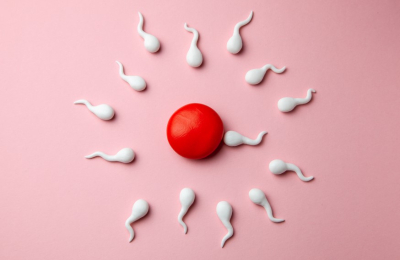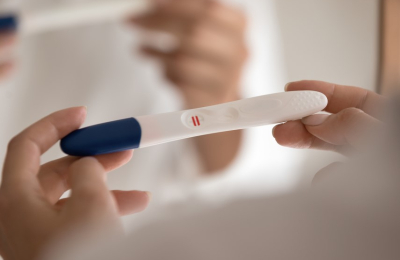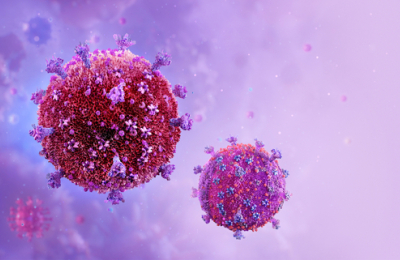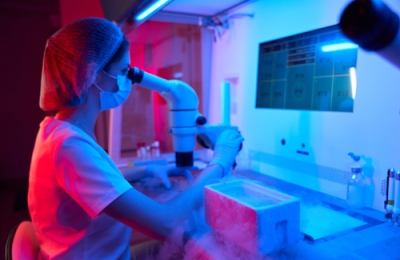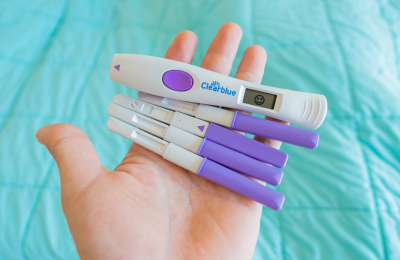
A study based on self-reported answers to a questionnaire cross-referred to semen samples and hormone measurements has found that physically demanding jobs and rotating or evening shift working may be associated with higher testicular function in men as seen by higher sperm concentrations and counts as well as higher serum testosterone and estradiol levels.
Male factor infertility has become a 21st century global problem, not only because of its link with reproductive health but also with a general risk of chronic disease such as diabetes and cancer. Concerns over declining sperm count and quality have been fuelled largely by the meta-analysis of Levine et al which, in an update last year, presented salutary new evidence of an acceleration in pace of this downswing.
Various factors have been analysed to establish why sperm counts and concentration appear to have more than halved in 40 years. Numerous studies have focused on lifestyle, BMI, environment including endocrine-disrupting chemicals, and diet in the search for what might improve or impair sperm health. A recent RCT has even suggested that eating nuts might reduce sperm DNA fragmentation, a cause of reduced fertilisation rates and embryo quality.
Now a new study suggests that men’s occupations might be added to this long list of factors contributing to a decline in male reproductive health. Observational data based on more than 300 participants show that sperm concentrations and serum testosterone levels among men who do physically demanding work are nearly double those of employees who never lift or move heavy objects. Certain work shift patterns also result in these positive associations. The findings are from the Environment and Reproductive Health (EARTH) study at Brigham and Women’s Hospital and Harvard Medical School.
Read more - https://www.focusonreproduction.eu/article/News-in-Reproduction-Sperm-count-occupation





















